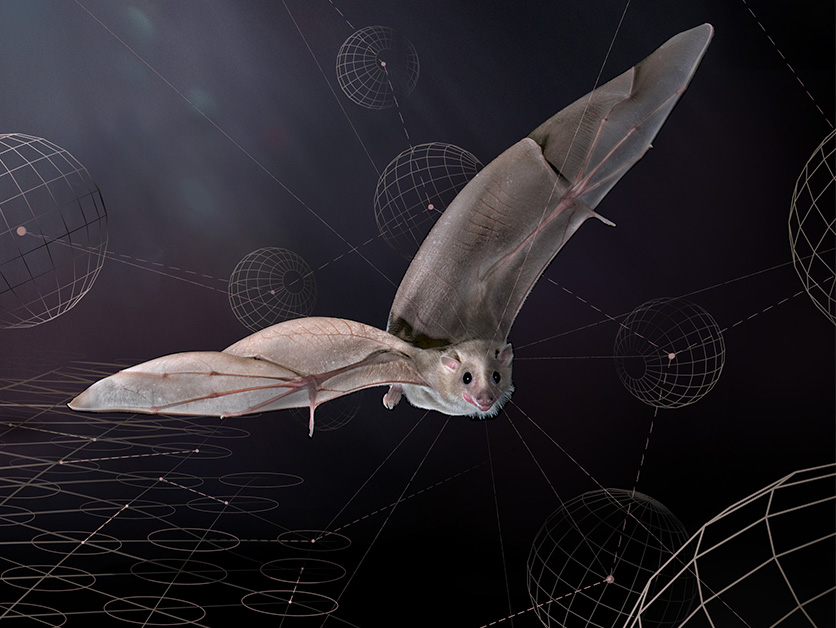
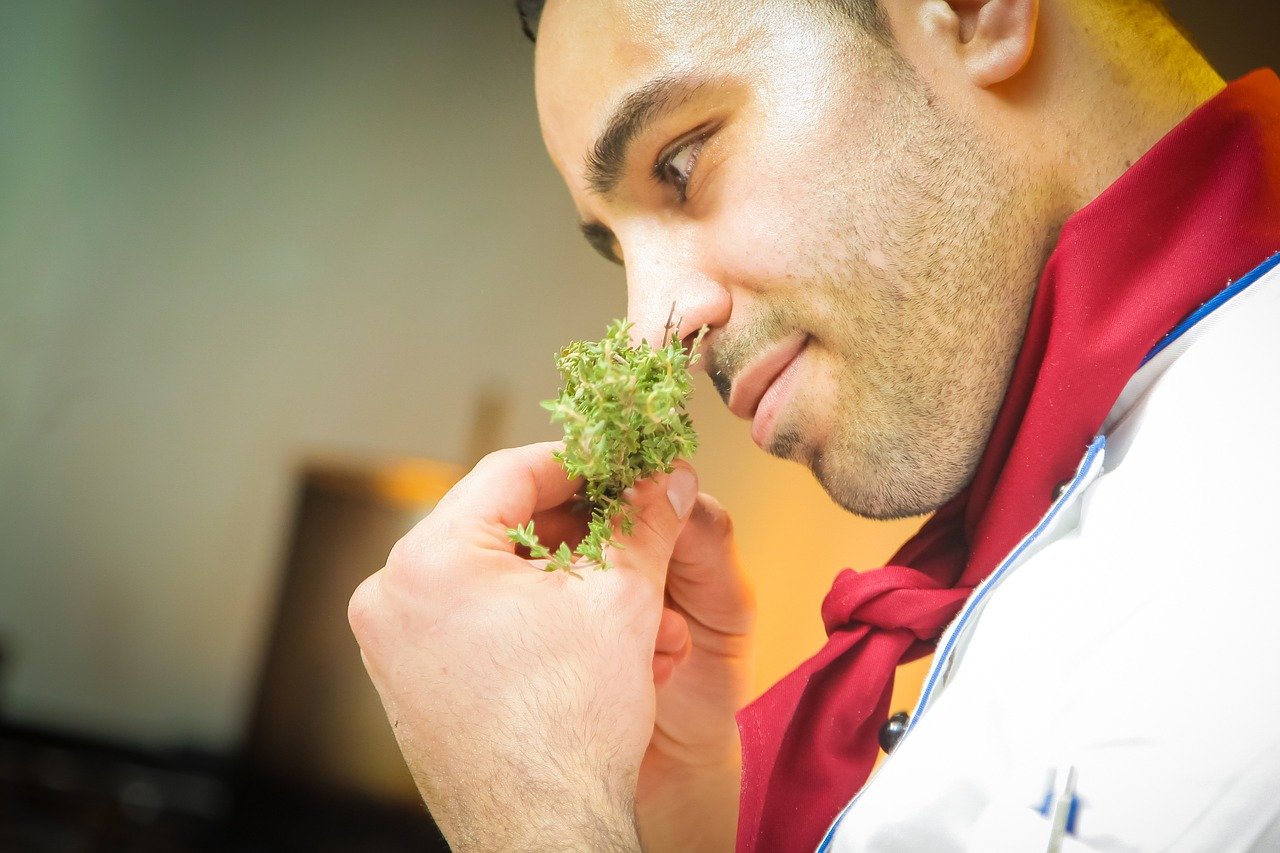
In a new study on the sense of smell, Weizmann Institute of Science researchers has managed to strip much of the mystery from even complex blends of odorants, not by uncovering their secret ingredients, but by recording and mapping how they are perceived.

The study, headed by researchers at the Weizmann Institute of Science, found bacteria living inside the cells of all the cancer types – from the brain to bone to breast cancer – and even identified unique populations of bacteria residing in each type of cancer.

An incredibly accurate clock planned by the Weizmann Institute of Science, the Israeli Space Agency and an Israeli company could be on its way to Neptune’s largest moon in 2026

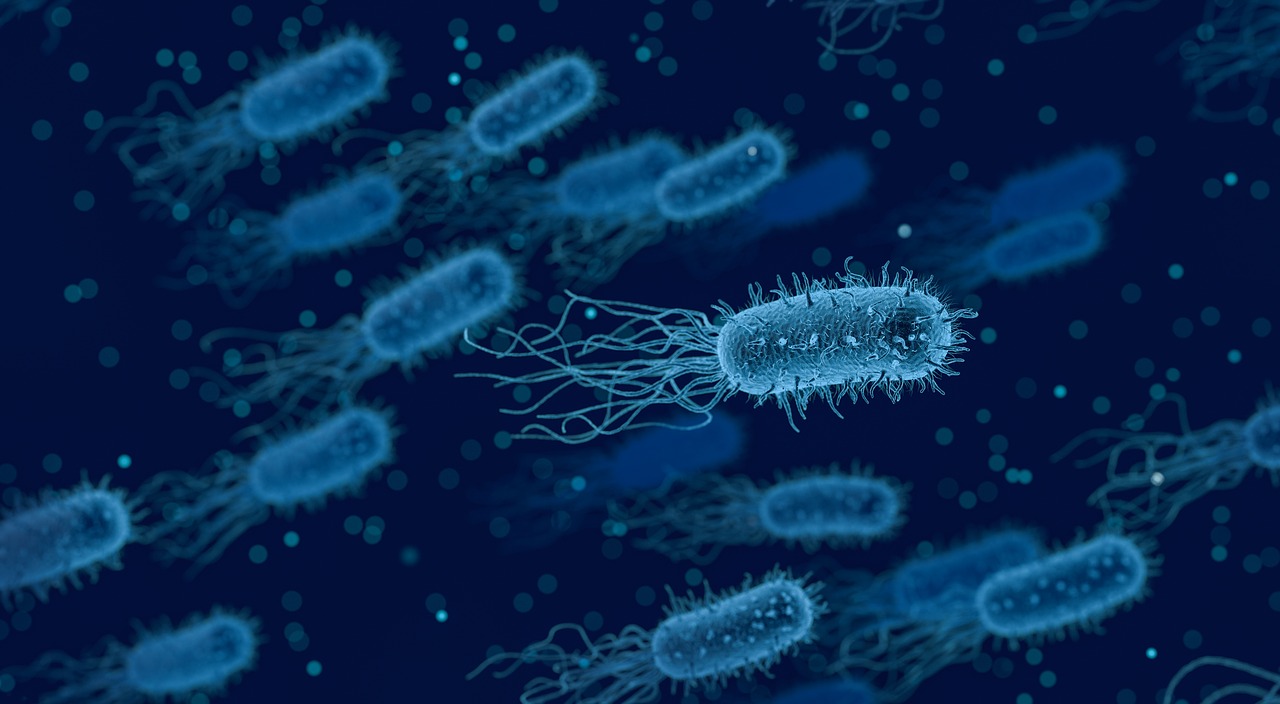
Bacteria in the lab of Prof. Ron Milo of the Weizmann Institute of Science have not just sworn off sugar – they have stopped eating all of their normal solid food, existing instead of carbon dioxide (CO2) from their environment.

Our brains are so primed to recognize faces – or to tell people apart – that we rarely even stop to think about it, but what happens in the brain when it engages in such recognition is still far from understood. In a new study reported today in Nature Communications, researchers at the Weizmann Institute of Science have shed new light on this issue
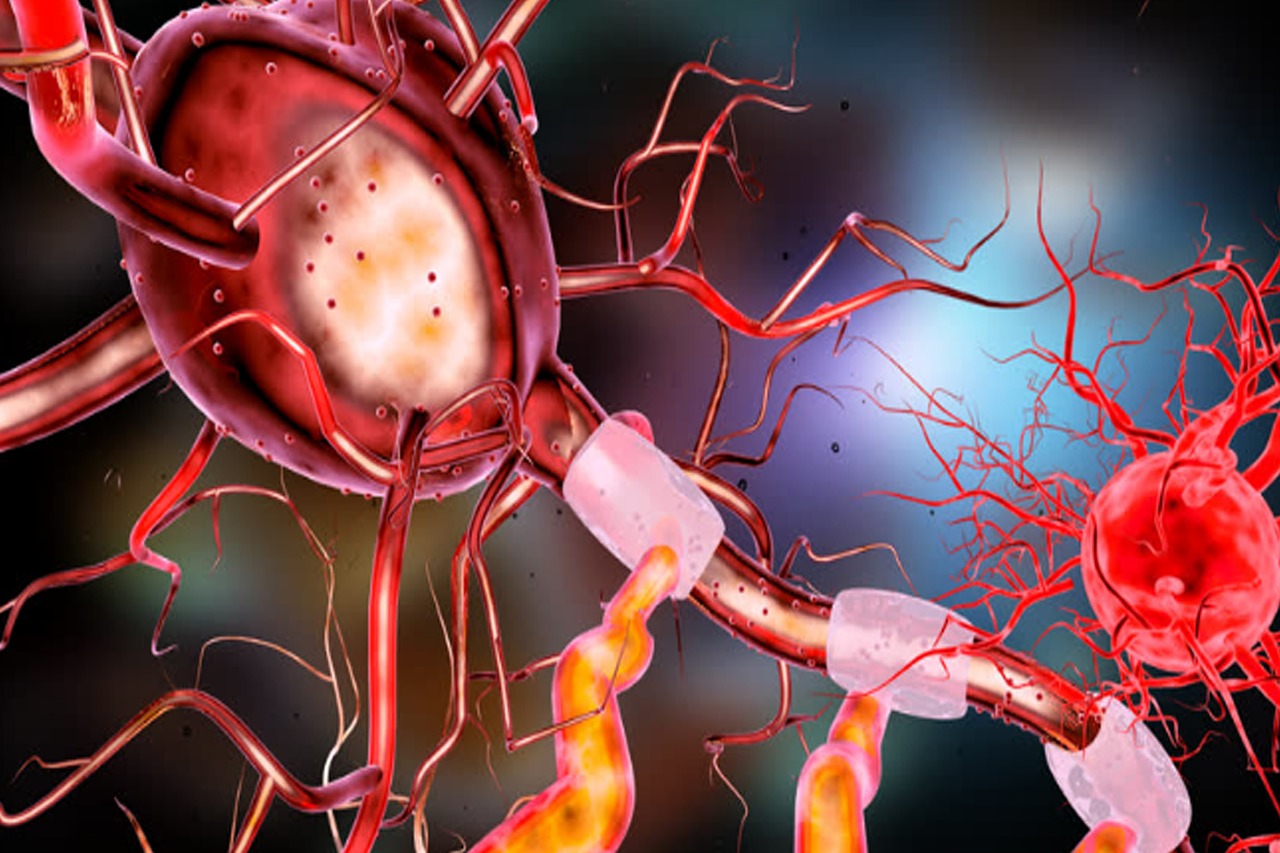
A novel technology for profiling protein turnover and degradation offers new insight into diagnosis and understanding the molecular basis of autoimmunity, cancer, neurodegeneration, and other disorders
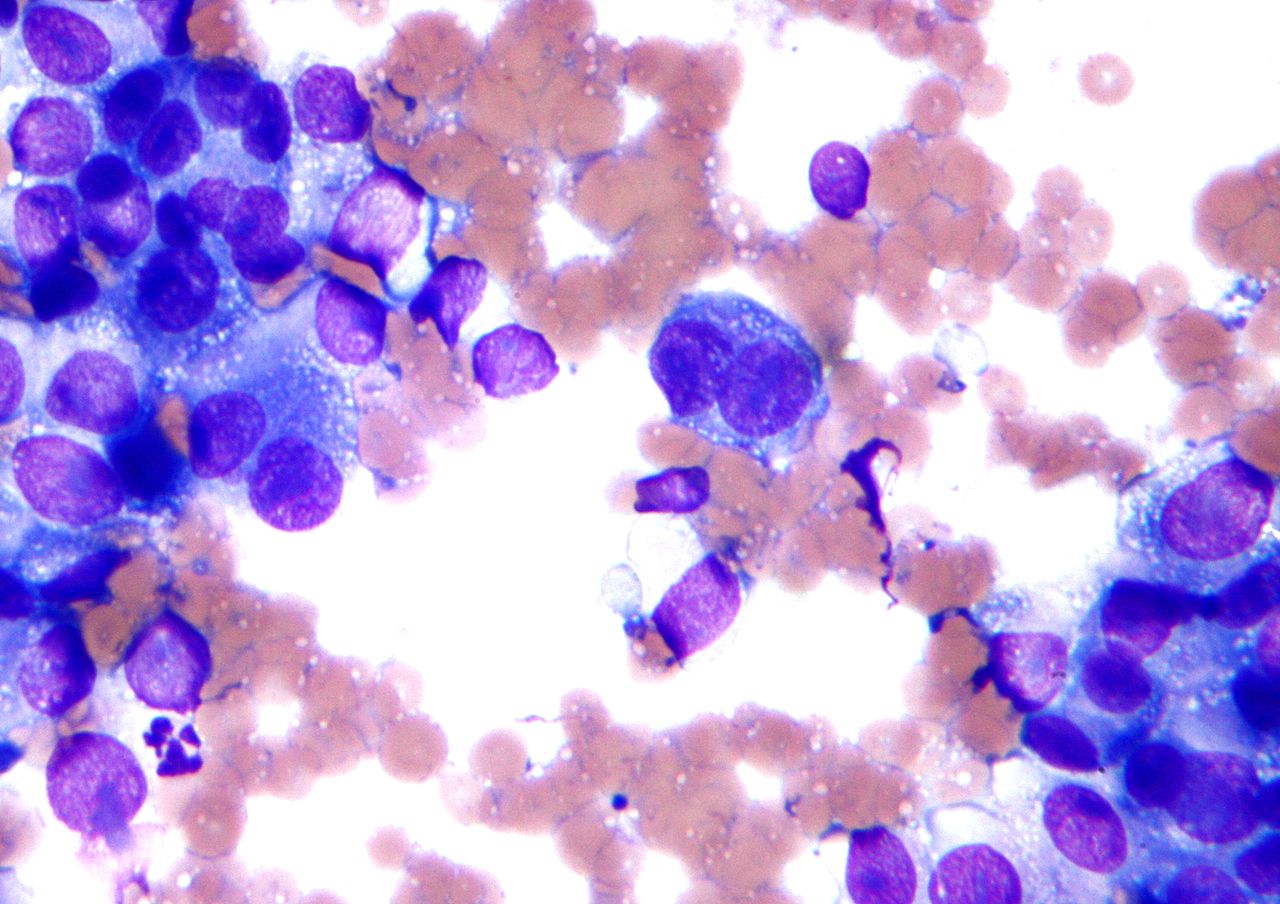

Research in the quantum optics lab of Prof. Barak Dayan in the Weizmann Institute of Science may be bringing the development of supercomputers one step closer by providing the “quantum gates” that are required for communication within and between such quantum computers.
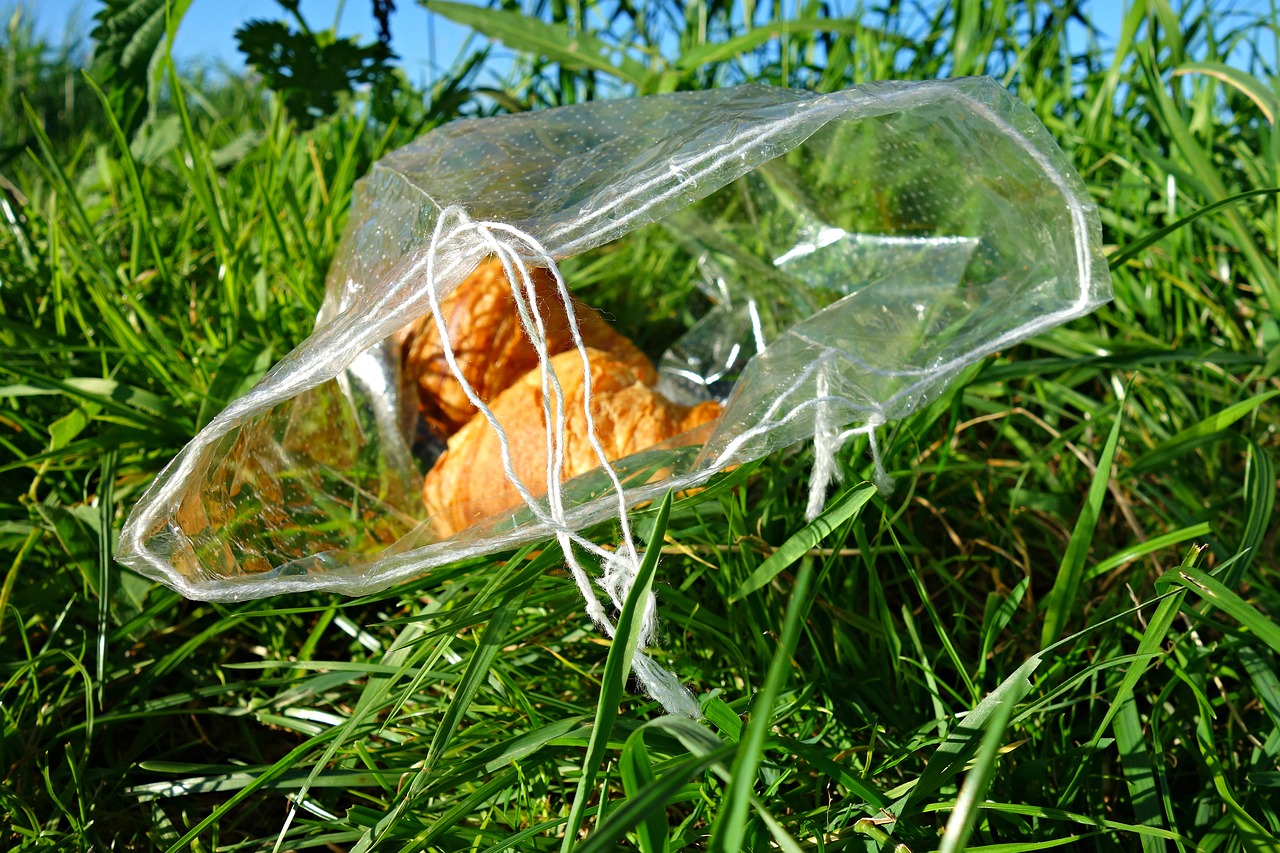
A new analysis suggests hundreds of millions more could eat from the same resources if we switched to plant-based diets
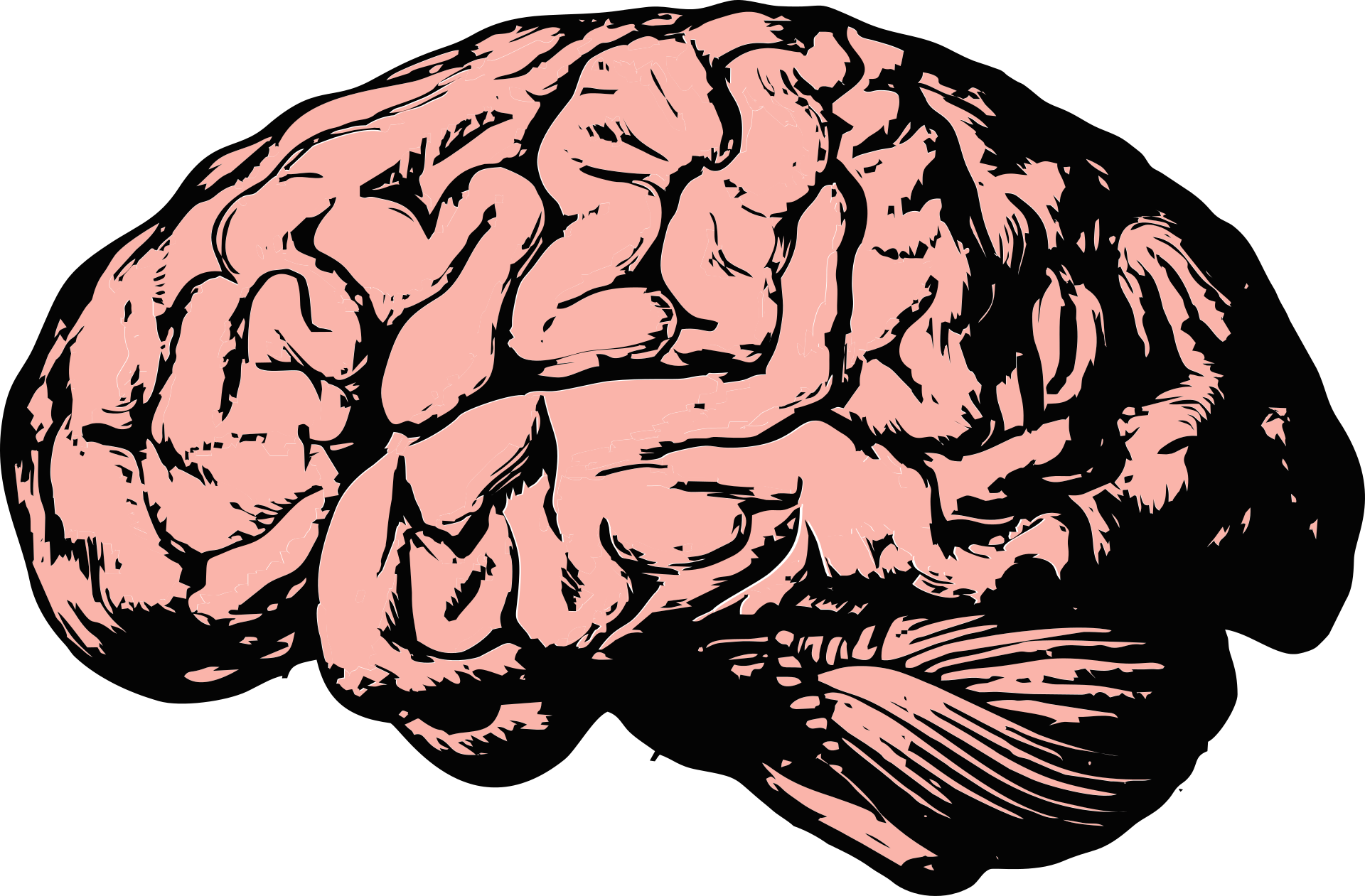
Physics and biology meet in a new model of brain development. Being born with a “tabula rasa” – a clean slate – in the case of the brain is something of a curse. Our brains are already wrinkled like walnuts by the time we are born.
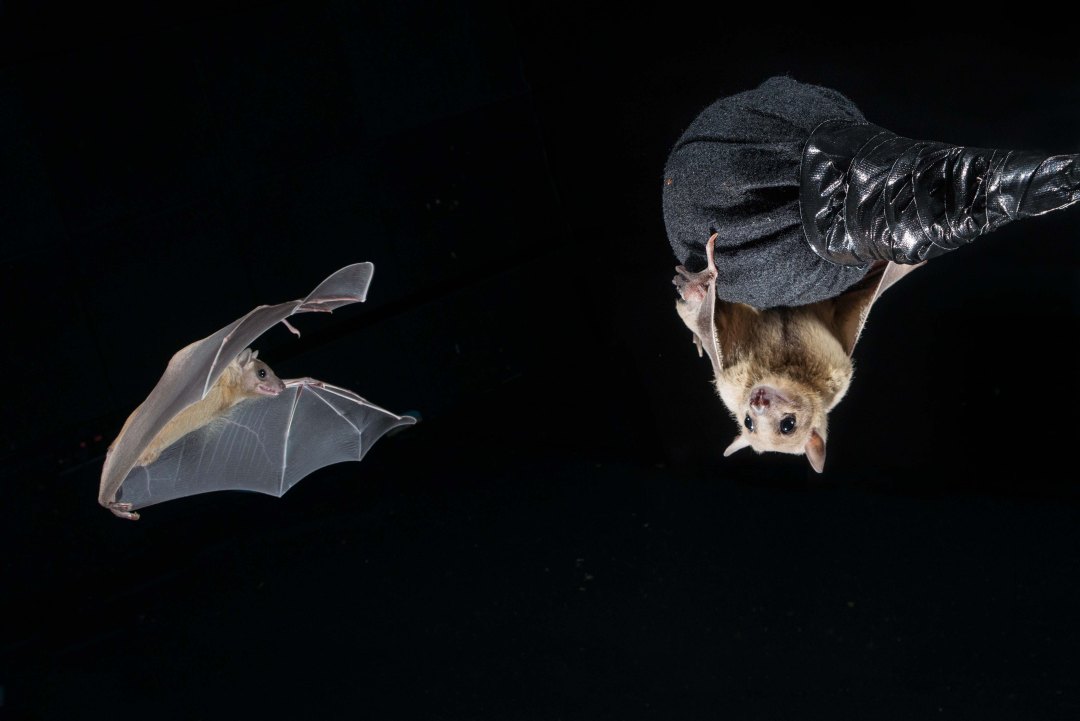
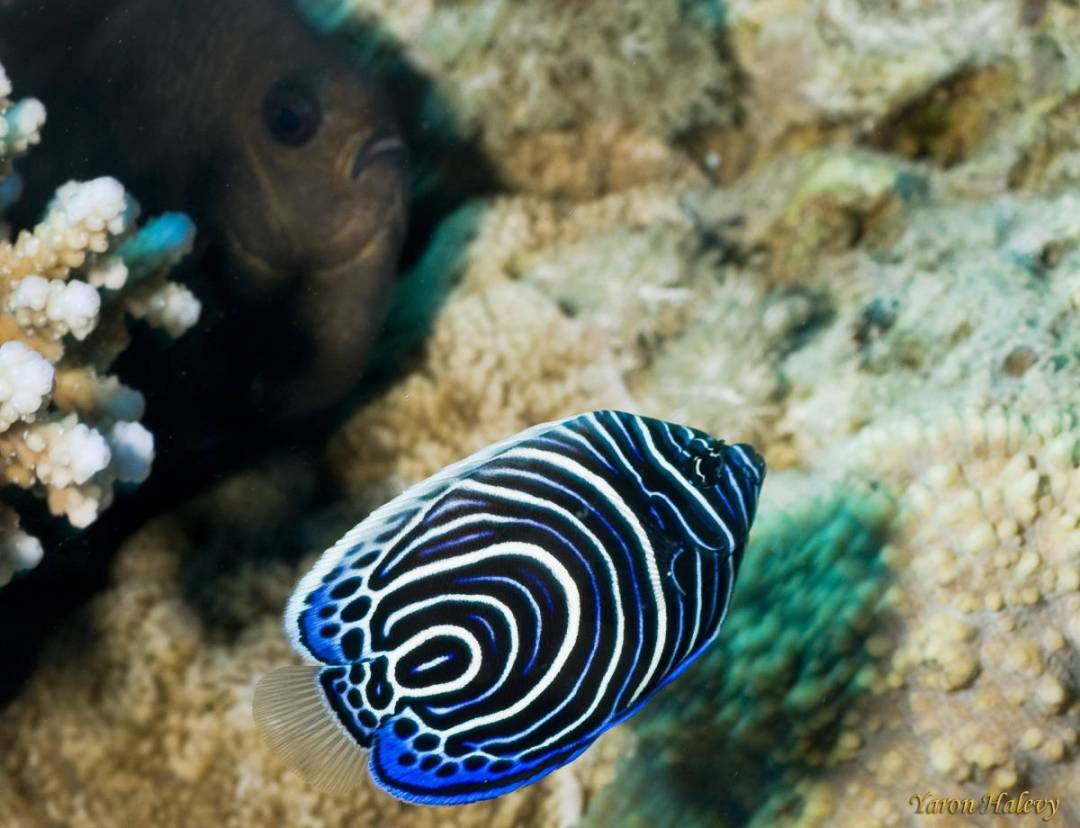
Almost all the wildly varied, colorful fish that populate coral reefs start life as tiny, colorless, tadpole-like larvae. Telling one from the other is nearly impossible – even for experts – and this presents a difficult challenge to those who study the ecology of the reefs.
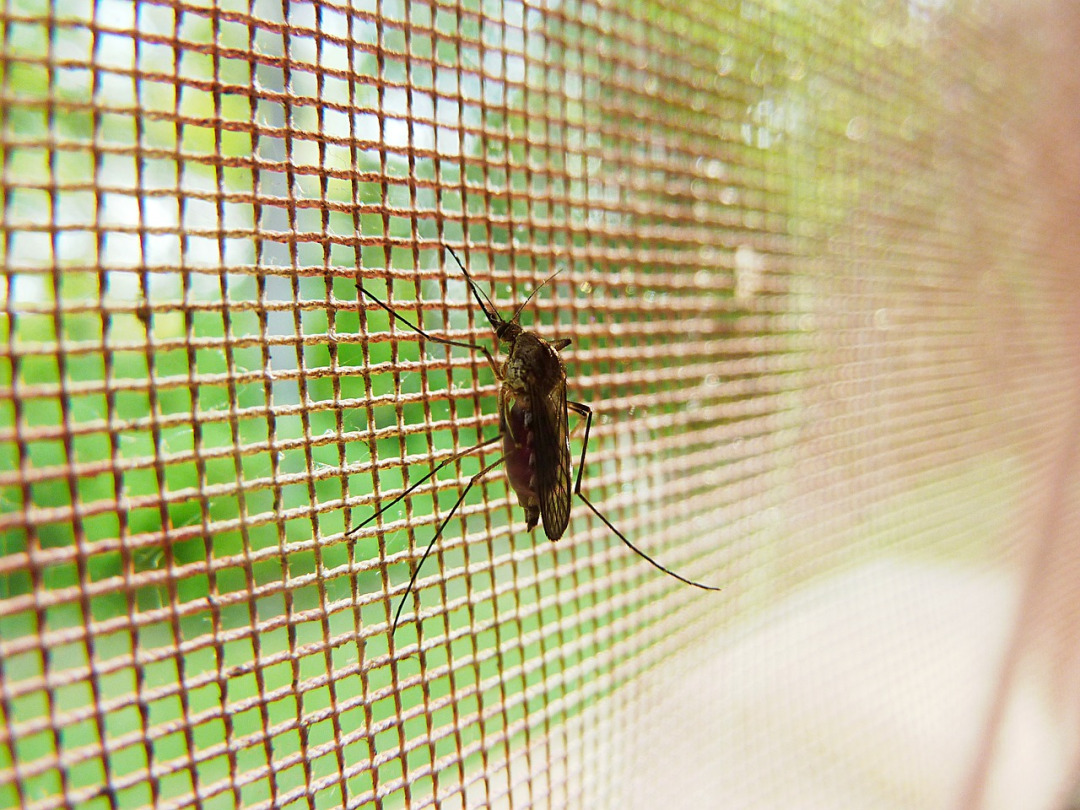
The new study suggests a possible defense in the battle against this deadly disease Global efforts to eradicate malaria are crucially dependent on scientists’ ability to outsmart the malaria parasite.
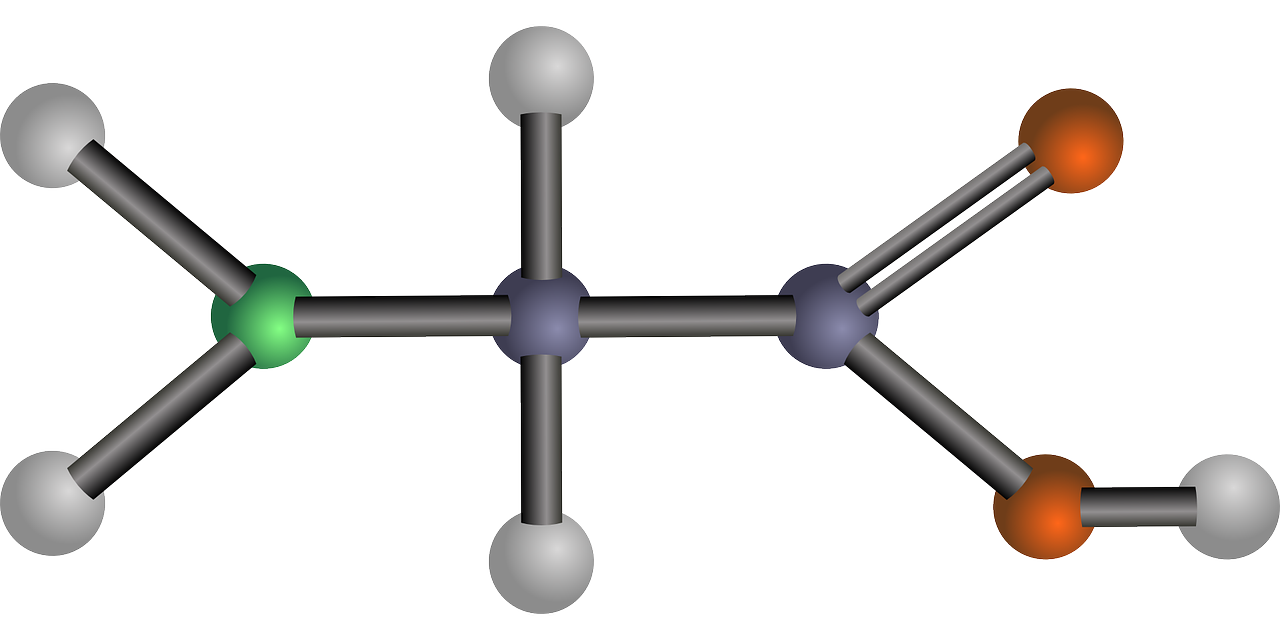
scientists have created new proteins based on “existing natural parts,” that carry out their intended function with flying colors. This research was reported yesterday in the Proceedings of the National Academy of Science, PNAS.
Internet is huge! Help us find great content
Never miss a thing! Sign up for our newsletter to stay updated.
Research Stash is a curated collection of tools and News for S.T.E.M researchers
Have any questions or want to partner with us? Reach us at hello@researchstash.com